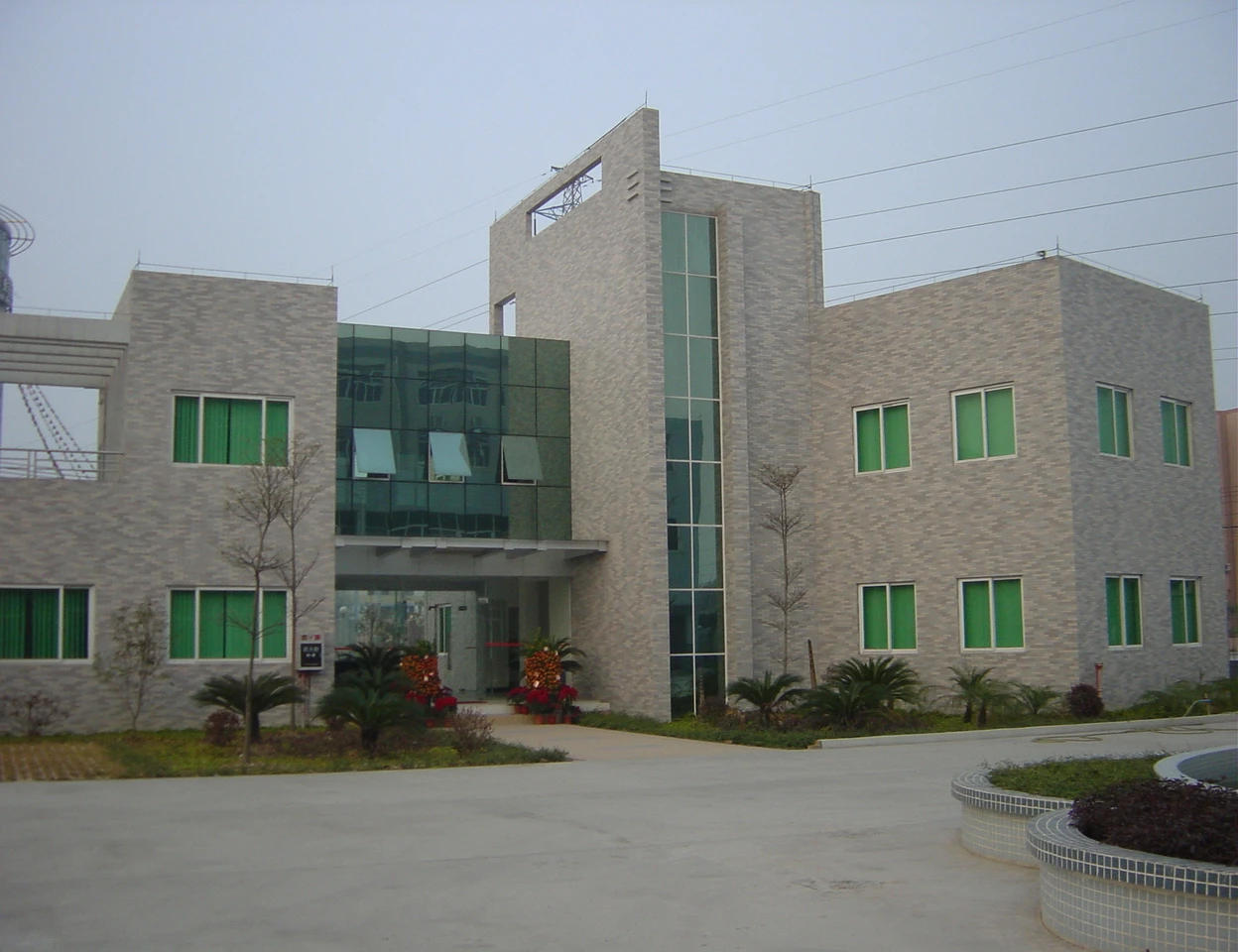



polymers for water treatment systems
Polymers for Water Treatment Systems
Water is one of the most essential resources on our planet, and its quality significantly impacts public health, the environment, and industrial processes. As pollution continues to threaten water supplies worldwide, the demand for effective water treatment methods has never been higher. Among the numerous technologies available, polymers have emerged as a critical component in water treatment systems, offering innovative solutions to some of the most pressing challenges in the field.
Polymers are large molecules made up of repeating units called monomers. They can be naturally occurring or synthetic and possess unique properties that allow them to serve various functions in water treatment. One of their primary applications is in the coagulation/filtration process, where polymers improve the removal of suspended solids and colloids from water. When added to water, polymers can interact with these particles, allowing them to agglomerate or clump together. This process, known as flocculation, facilitates the sedimentation of larger particles, making them easier to filter out from the water.
Polymers for Water Treatment Systems
In addition to their flocculation properties, polymers can also be used in membrane filtration systems. Membrane technologies are increasingly being employed to achieve high levels of purification in drinking water treatment and wastewater recycling. Polymers are used to enhance the properties of membranes, improving their fouling resistance and permeability. This advancement allows for more effective filtration, leading to cleaner water and reduced operational costs.
polymers for water treatment systems

Moreover, polymers play a critical role in the removal of contaminants, such as heavy metals and organic pollutants, from water. Functionalized polymers can selectively bind to specific contaminants, facilitating their removal through adsorption processes. Research is ongoing to develop new polymer materials with enhanced binding capabilities and specificity, which could significantly improve the performance of water treatment systems.
Notably, biopolymers derived from natural sources are gaining attention in the environmental sector. These materials, which are biodegradable and non-toxic, provide a sustainable alternative to traditional synthetic polymers. Utilizing biopolymers can reduce the environmental footprint of water treatment processes and mitigate concerns associated with the disposal of chemical additives.
While the benefits of using polymers in water treatment systems are substantial, further research is needed to understand the long-term effects of their use and optimize their performance. As the global population continues to rise and industrial demands on water resources increase, the development of advanced polymer technologies will be crucial in providing safe drinking water and protecting aquatic ecosystems.
In conclusion, polymers represent a versatile and effective tool in the arsenal of water treatment technologies. Their ability to enhance processes such as coagulation, filtration, and contaminant removal makes them an indispensable component of modern water treatment systems. With ongoing advancements aimed at improving their functionality and sustainability, polymers will undoubtedly play a key role in addressing the challenges of water quality management in the future. As we continue to innovate and improve these solutions, the path toward cleaner water sources for all becomes increasingly attainable.
-
Why Sodium Persulfate Is Everywhere NowNewsJul.07,2025
-
Why Polyacrylamide Is in High DemandNewsJul.07,2025
-
Understanding Paint Chemicals and Their ApplicationsNewsJul.07,2025
-
Smart Use Of Mining ChemicalsNewsJul.07,2025
-
Practical Uses of Potassium MonopersulfateNewsJul.07,2025
-
Agrochemicals In Real FarmingNewsJul.07,2025
-
Sodium Chlorite Hot UsesNewsJul.01,2025










